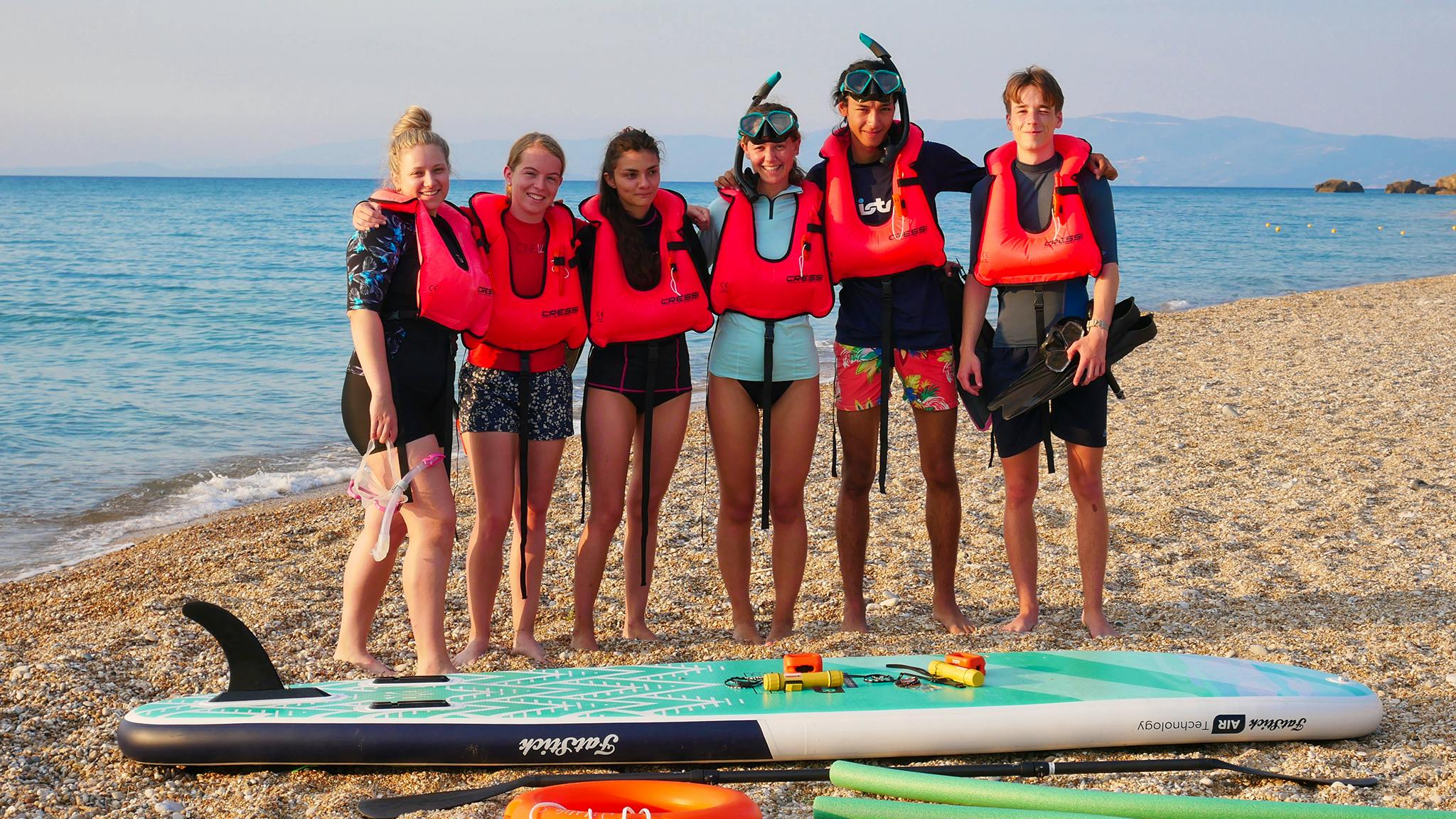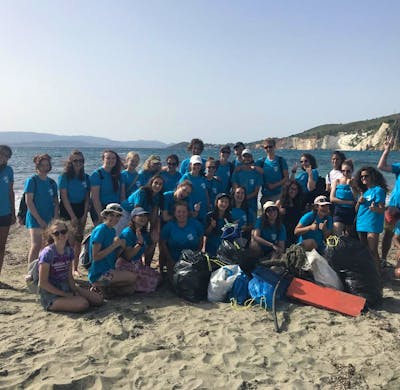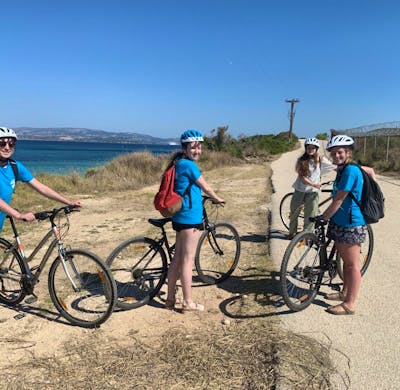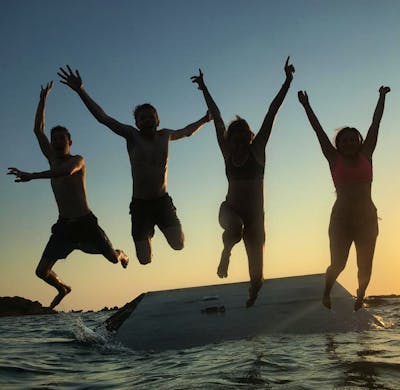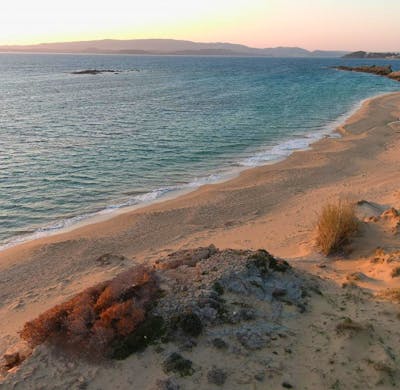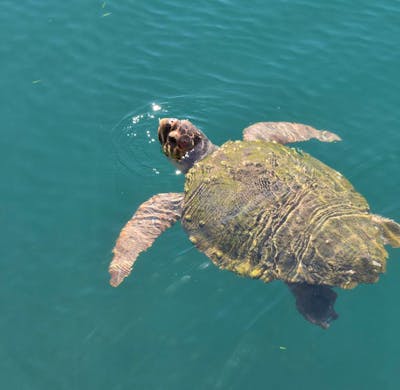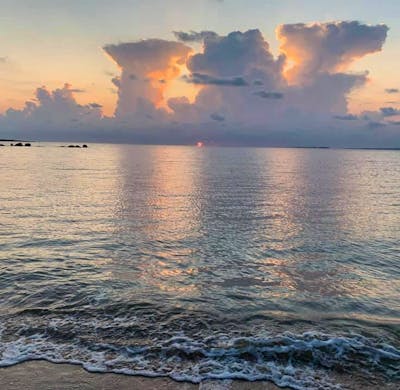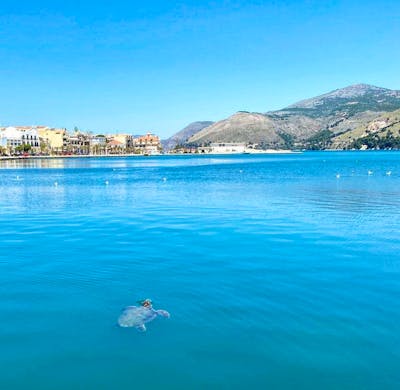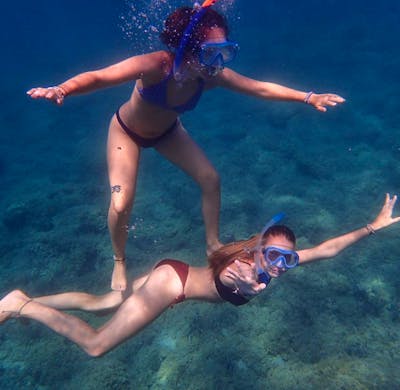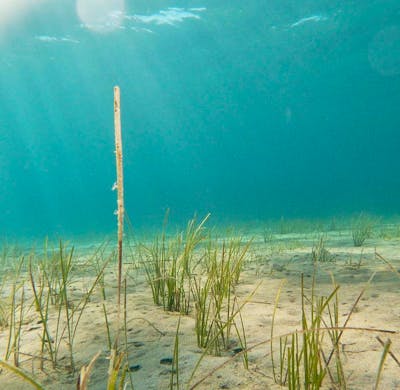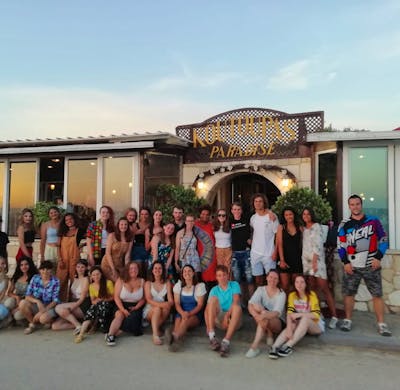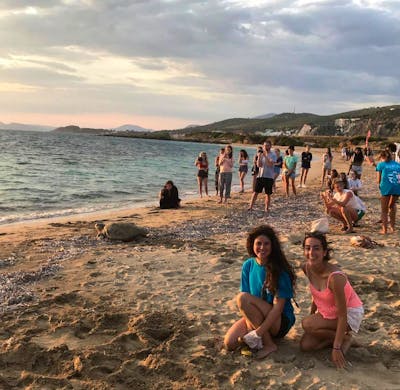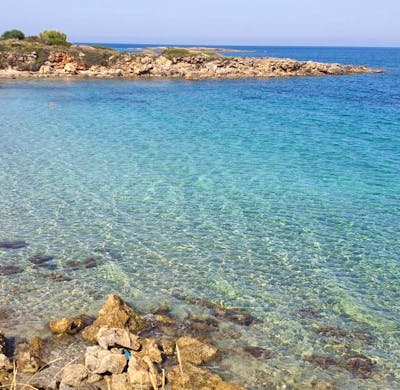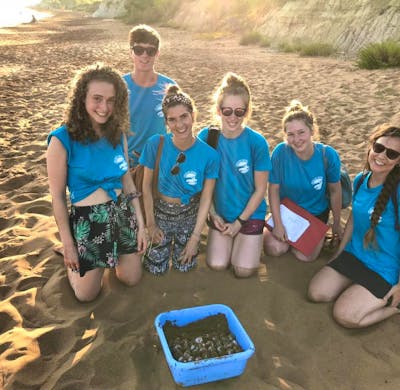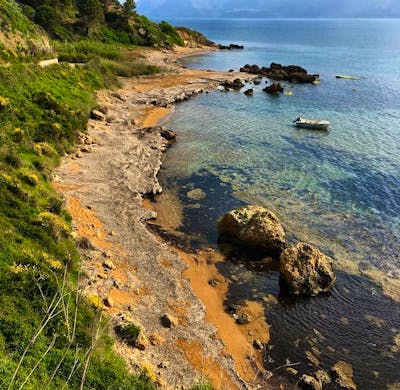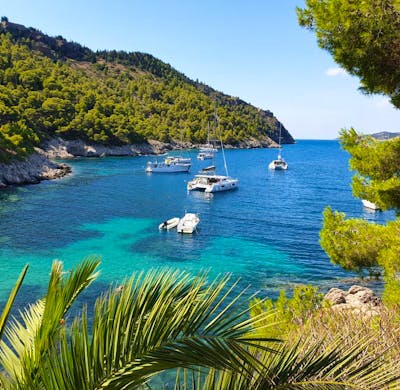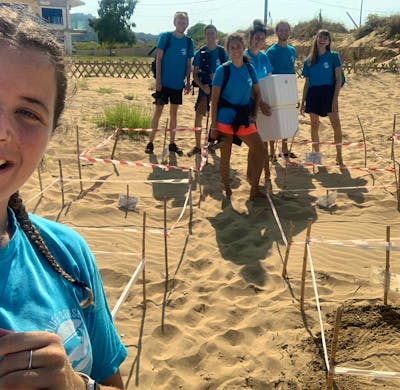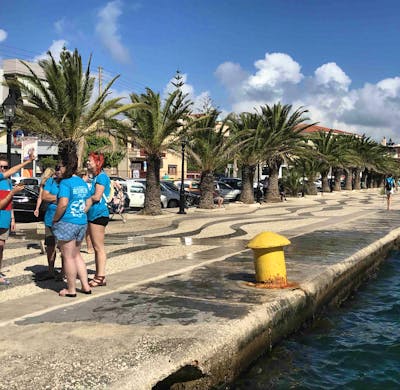from 1,067€
Excellent 4.8 (860)
(860)
Greece Marine & Conservation Volunteers
2 - 4 weeks
·
Age 18 - 50+
Verified by Volunteer World
Excellent response rate
Excellent 4.8 ·
·
Verified by Volunteer World
·
·
·
Verified by Volunteer World
·

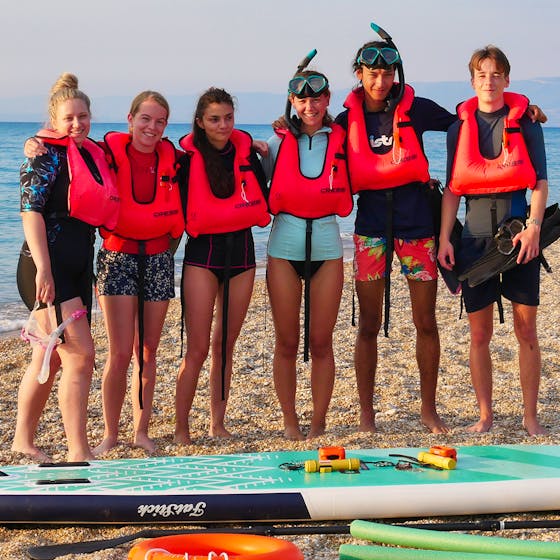
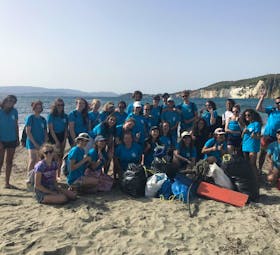
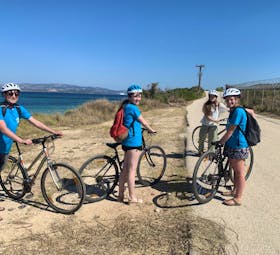
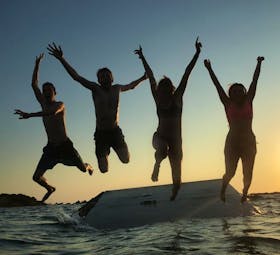
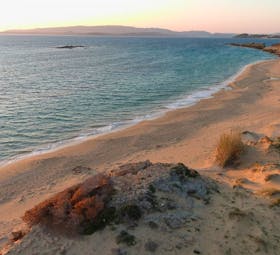
2 - 4 weeks
·
Age 18 - 50+
·
Excellent response rate
Complete your reservation as soon as possible. This project fills up quickly and is already booked on certain dates.
Highlights
- 80% of PMGY volunteers are 18-22 years old
- Undertake hands-on conservation work alongside qualified field assistants
- Protect posidonia seagrass meadows and sand dune systems in Skala
- Enjoy the island experience of Kefalonia in your free time
- Volunteer in a top European location
Especially suitable
About the program
Protect large seagrass meadows and sand dune systems on a meaningful conservation and research experience in Kefalonia.
Protect large seagrass meadows and sand dune systems as a Greece marine conservation volunteer. Develop research experience and discover all the marine organisms that thrive within the protected marine plants. and explore the sand dunes and their critical role in climate change. Enjoy a fulfilling ...
Typical day
Your Volunteer Role & Typical Work Day
As a volunteer in Greece on the marine and coastal conservation program, there is a range of conservation activities you will engage with. This is all focussed on protecting the seagrass meadows and sand dune habitats within the Skala region.
You will begin your ...
Free-time activities
The conservation program runs daily from the start to the end of the sea turtle nesting season. As a result, participants volunteer five days per week to help with all the fieldwork activities required. You will have two days free to relax or travel further afield. In your free time, it is worth ...
Requirements
What's Included
What's NOT included?
Details on arrival
This program starts on selected Thursdays between May and September
Availability
Jan
Feb
Mar
Apr
May
Jun
Jul
Aug
Sep
Oct
Nov
Dec
Program fees
2 weeks (min. stay)
1,067€
3 weeks
1,479€
4 weeks (max. stay)
1,890€
Average fees
503€/week
Meet your organization
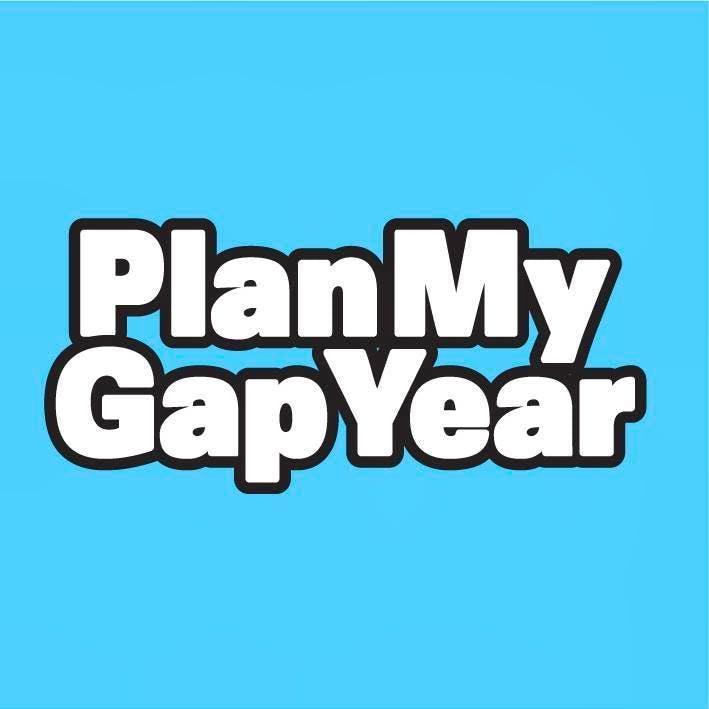
Plan My Gap Year
Excellent 4.8
 (860 reviews)
(860 reviews)
Agency - founded in 2011
Verified by Volunteer World
Excellent response rate
Coordinated by
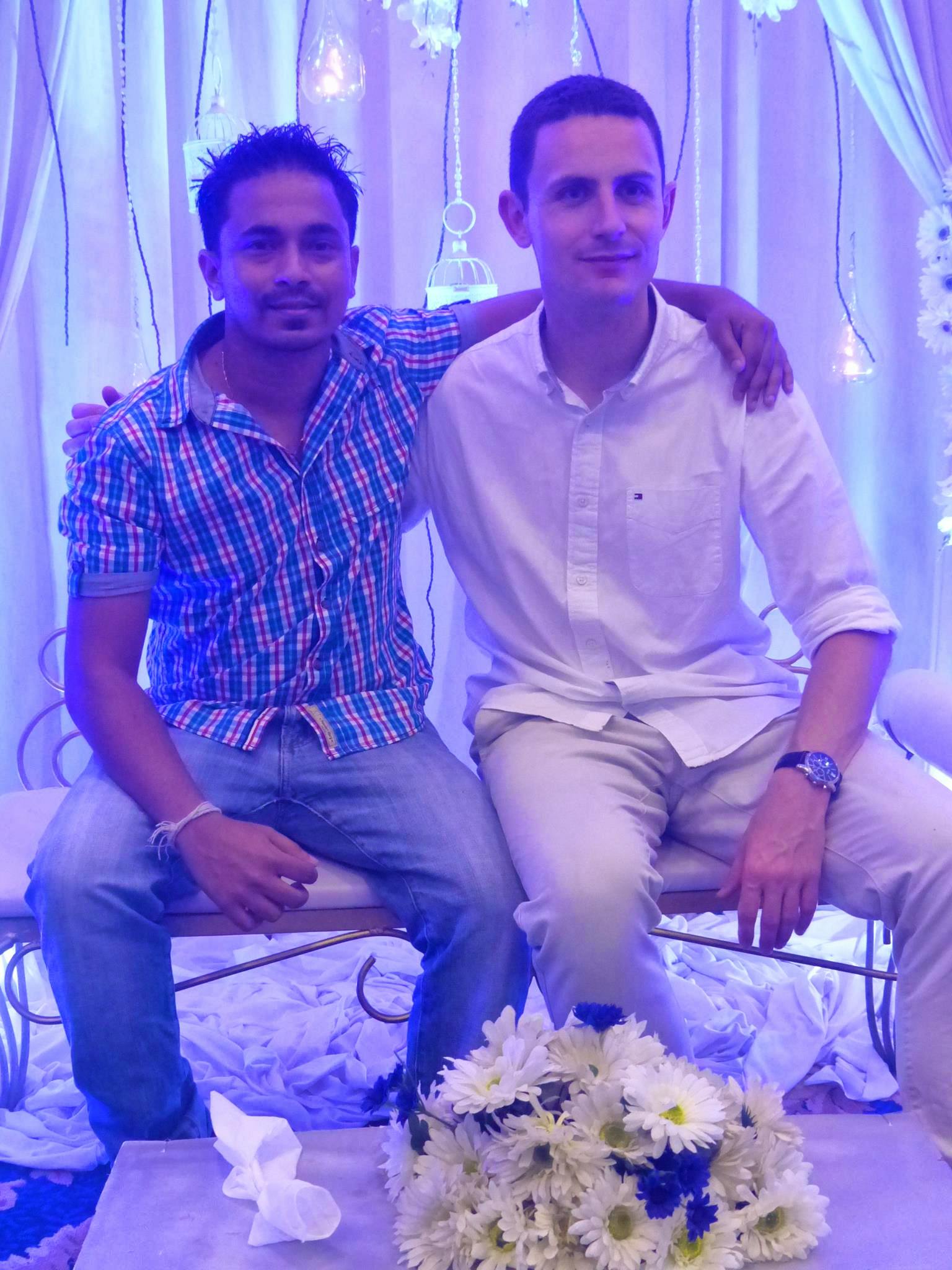
Josh
Spoken languages: English
About the project
Plan My Gap Year is an award-winning international volunteer placement organisation based in the UK.
860 reviews ·  4.8
4.8
Location

You might also be interested in
-
Sea Turtle Conservation
Projects Abroad
Best Volunteer Programs
Voluntouring
Adults
Marine Life in Greece
Group Volunteering
Volunteer Trips for College Students
Mission Trips
Sea Turtle Greece
Global Volunteer Opportunities
Animals in Europe
